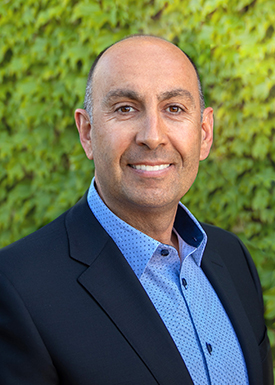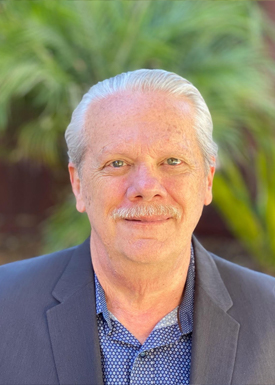Getting rid of the plastic waste problem.
The world is in crisis mode. The plastic waste problem is strangling our oceans, rivers and lands. Many of the so-called solutions do more harm than good. This problem can no longer be burned, buried or sent away. We must face it head on, once and for all. That is exactly what we are here to do!
Technology that propels us forward.
Enerra technology is one-of-a-kind. Plastic waste is shredded, loaded into non-catalytic reformers (NCRs), and converted into ready-to-use, renewable transportation fuels. Multiple types of plastic waste can be processed simultaneously. The system functions as a closed-loop, whereby one of the gases produced is recirculated to provide the energy needed for the remaining processing. All of this is accomplished without toxic catalysts, harmful emissions, or additional refining.

- Closed-Loop System No harmful emissions produced.
- Self-Sustaining Process A minimum amount of the gas produced by the system provides all the energy needed to complete the process.
- All Types of Plastic Waste Designed to process all 7 types of plastic and to handle multiple combined types of plastics at once.
- Renewable Energy The outcome is a combination of renewable fuels including gasoline, diesel and jet fuel.
Plastic waste has long outstayed its welcome.

It is no secret that plastic waste is one of the biggest problems facing our planet today—and it is not just unsightly, it is toxic. Current methods of recycling and disposal are inefficient and costly. They often do more harm than good by producing dangerous emissions, leaching toxic substances into the soil and groundwater, and injuring or poisoning wildlife. Designed to handle all seven types of plastic at once, our technology converts plastic waste into renewable fuels, giving us a way forward.
Ten million tons of plastic waste are dumped into our oceans every year.
Less than nine percent of all plastic waste is actually recycled.
Fifty percent of all the plastic produced (38MM tons annually) is for single-use purposes.
Empowering the future with clean energy.


The gasoline produced by our reforming process has a 102-octane level, much higher than conventional "premium" fuels with only a 91-octane level. It is lead-free and, when mixed with conventional gasoline, acts as a fuel additive. It scrubs carbon and other buildup from fuel systems, improving overall engine performance.
Our diesel fuel is a low-sulfur fuel containing 54 cetanes, compared to the average diesel fuel which only contains 40 cetanes. Cetane number is a measure of combustion efficiency. The higher the number, the better potential for each droplet sprayed into the combustion chamber to burn and produce power. Our high-cetane sustainable diesel significantly increases engine power and performance, providing more complete combustion and allowing engines to operate more effectively. This results in a better power output and improved fuel mileage.


